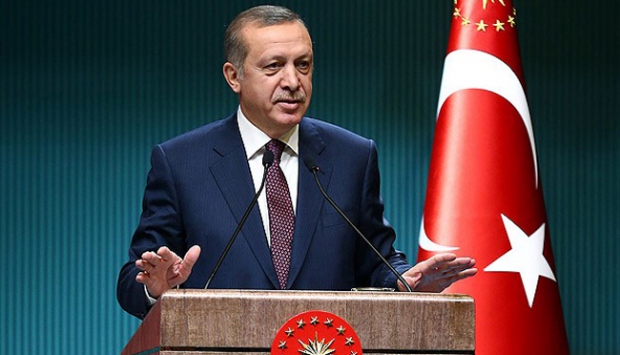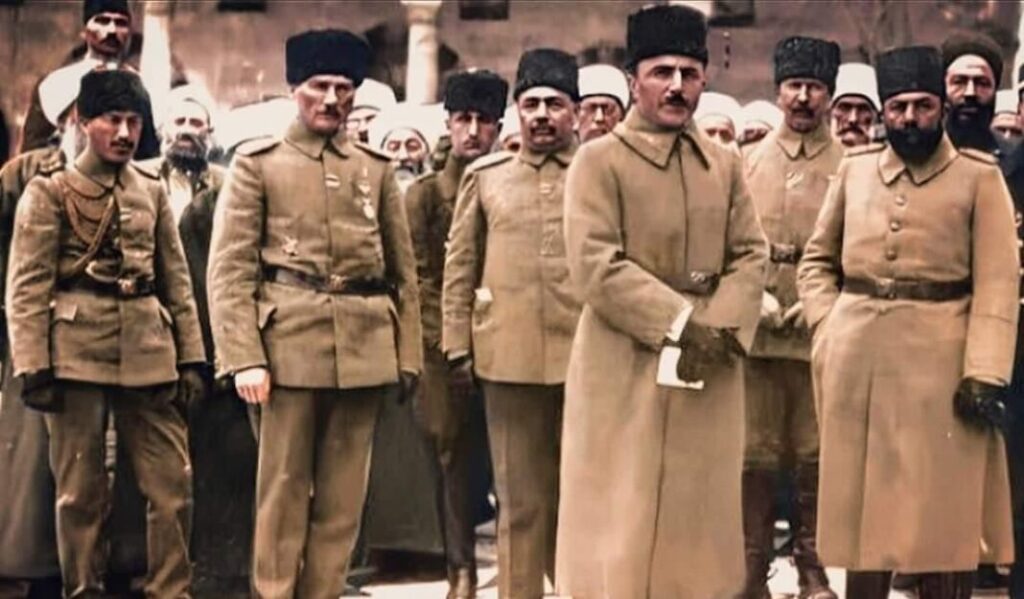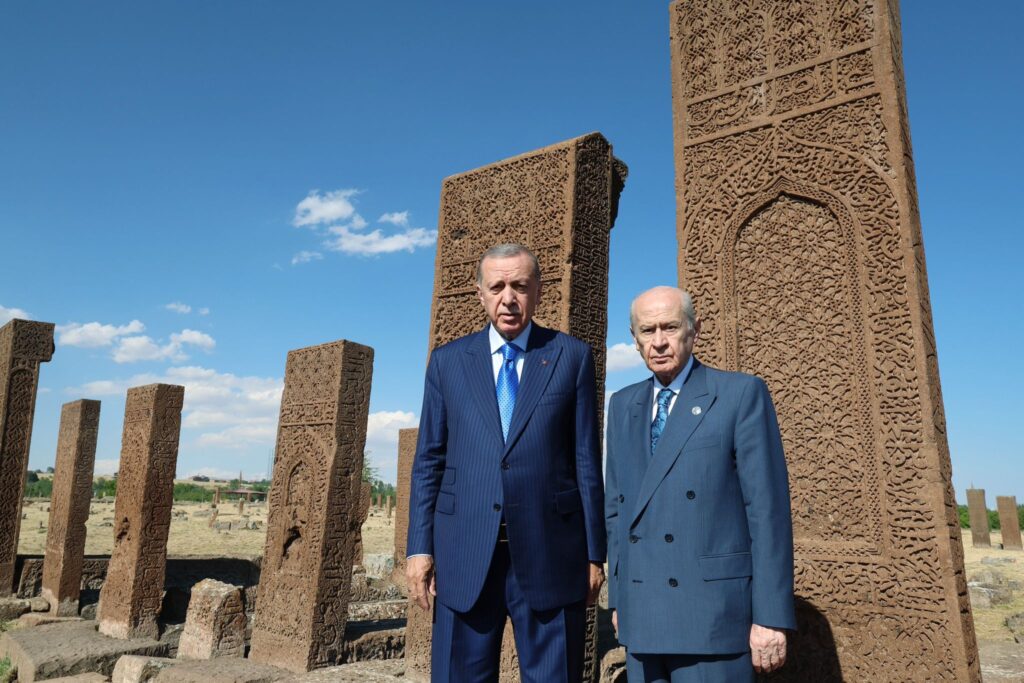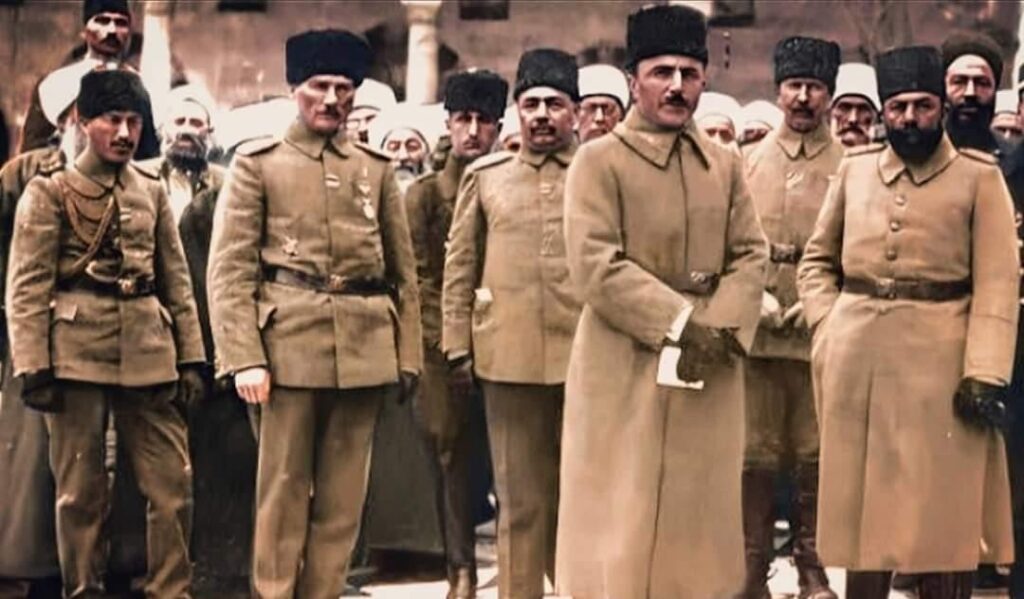The Turkish original of this article was published as
Başkanlık niçin anlamlı? on 24th December 2015.
The AKP could maintain a majority in parliament so as to enjoy sole power for years to come. If the parliamentary system were to continue, this might entail a legitimate AKP “hegemony” where the opposition finds it difficult to exercise the kind and degree of oversight that it would like to. Just this fact by itself might make it meaningful for Turkey to transition to a presidential system.
While parliamentary systems currently exist in many “democracies” throughout the world, they are also subject to rapid erosion. This is basically because the parliamentary system directly violates the theory that provides its justification. Liberal democracy requires the legislative, executive and judicial powers to be separated from each other, as this is the only way the people can exercise both direct and indirect control. But in a parliamentary system, a political party that has a majority in the legislative body can both circumscribe the judiciary through the laws it enacts, and also enable the executive to exercise tutelage over legislation. Ironically, the parliamentary system can function as a “democratic” mechanism only when no political party has a majority in parliament, but of course, this then makes political instability more probable.
Periods of major transformation, however, when globalization stamps itself on everything and time seems to “flow faster,” may cause a single party to come forth to carry society into the future. This is what is happening in Turkey right now. Hence the AKP could maintain a majority in parliament so as to enjoy sole power for years to come. If the parliamentary system were to continue, this might entail a legitimate AKP “hegemony” where the opposition finds it difficult to exercise the kind and degree of oversight that it would like to. Just this fact by itself might make it meaningful for Turkey to transition to a presidential system. For in a presidential system, the legislative body obtains greater powers over an expanded area including especially budget-making, and its supervisory capabilities are also enhanced, while it becomes possible for highly qualified people from outside parliament to hold office in the government. If the mutual dissolution prerogatives of the legislation and the executive are also well-balanced and rational, this becomes a much more useful model.
Moreover, in view of our country’s specific needs and requirements, a “good” presidential system has two more comparative advantages over a parliamentary system. One has to do with implementing a decentralized administrative structure. While the question of centralization is not directly related to that of a political system, it is still the case that a presidential system can offer more opportunities for re-distributing power and responsibility in a more widespread way extending down to the local level. Hence it is a much more flexible system when it comes to reflecting changes in demands and preferences in actual decision-making. The second such element is the possibility of switching to a single-member plurality (first past the post) system based on narrow electoral districts. Once more, there is no direct connection between an electoral system and a system of government. Ndvertheless, the narrow-zone single-member system represents an approach more in conformity with the spirit of a presidential system.
Turkey’s main concern should be to be able to respond quickly to rapidly changing conditions, and at the same time to ensure the political involvement and impact of all social preferences (which are also expected to be changing rapidly). This cannot be achieved under the current parliamentary system. Considering the high probability of one party’s continued domination in Turkey’s political future, not even a “good” parliamentary system is likely to provide the means for attaining this purpose. It is therefore important for Turkey to have a comprehensive debate on a presidential system, to be able to come up with a “good” alternative capable of being approved by everyone, and to place this within a strong constitutional frame work.
If the aim were to create a system of autocratic domination, a presidential system would not be to the AKP’s or Erdoğan’s benefit. No “good” presidential system can provide the government with more power than what they already have. But it would make it easier overall to run the country, reduce all risks, and strengthen legitimacy. These, in turn, would both enable all governments to function on a sounder basis, and the public to make a direct impact on politics.
Yazıyı beğendiysen, patronumuz olur musun?
Evet, çok ciddi bir teklif bu. Patronumuz yok. Sahibimiz kar amacı gütmeyen bir dernek. Bizi okuyorsan, memnunsan ve devam etmesini istiyorsan, artık boş olan patron koltuğuna geçmen lazım.
Serbestiyet; Türkiye'nin gri alanı. Siyah ve beyazlar içinde bu gri alanı korumalıyız. Herkese bir gün gri alanlar lazım olur.




















